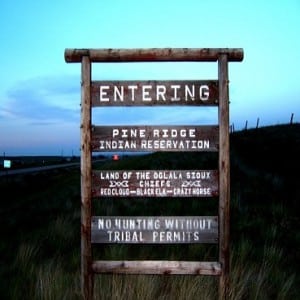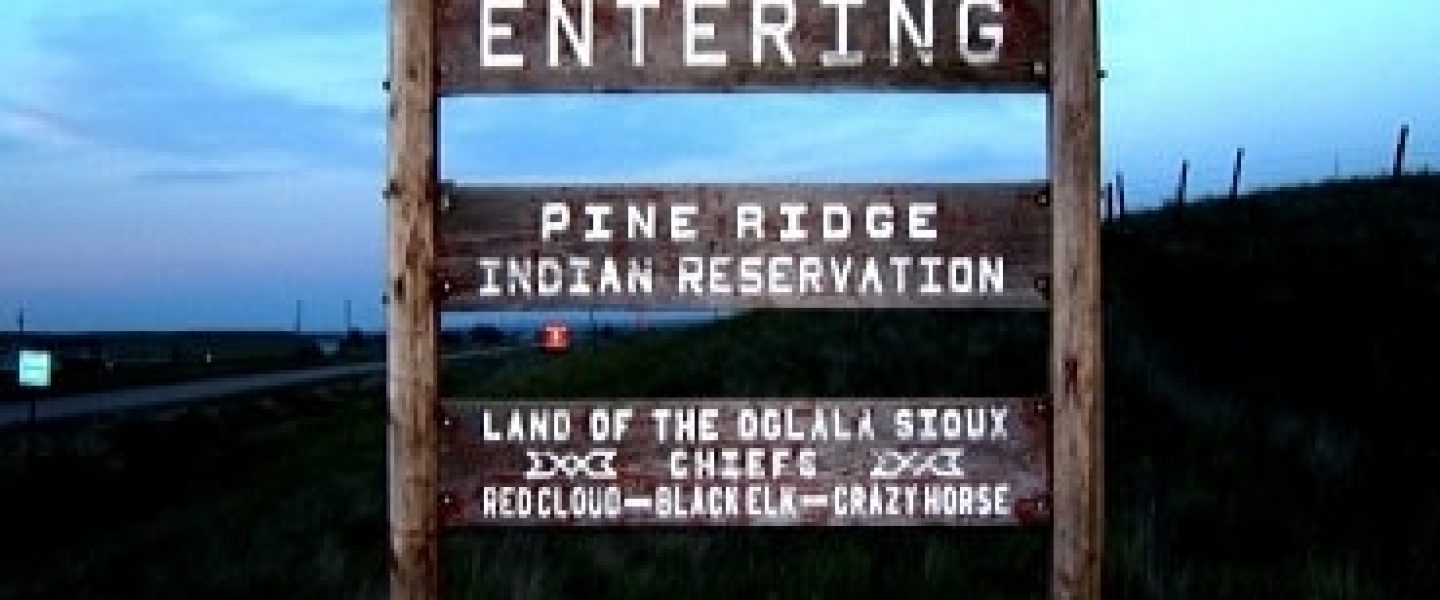 I will never forget the first time I heard the story of the Oglala Sioux Nation’s efforts to grow hemp. The Oglala Sioux tribe is a recognized sovereign nation by the United States government, yet the feds prevented the Oglala Sioux people from growing hemp. I remember tearing up when I heard Alex White Plume speak about how the feds came and essentially stole the tribes hemp harvest at the Pine Ridge Indian Reservation in South Dakota. It was a harvest that the tribe was relying upon as a cash crop, and without it they suffered many economic hardships.
I will never forget the first time I heard the story of the Oglala Sioux Nation’s efforts to grow hemp. The Oglala Sioux tribe is a recognized sovereign nation by the United States government, yet the feds prevented the Oglala Sioux people from growing hemp. I remember tearing up when I heard Alex White Plume speak about how the feds came and essentially stole the tribes hemp harvest at the Pine Ridge Indian Reservation in South Dakota. It was a harvest that the tribe was relying upon as a cash crop, and without it they suffered many economic hardships.
Zoom forward to today, where a historic position was taken by the United States government. Per the Los Angeles Times:
Opening the door for what could be a lucrative and controversial new industry on some Native American reservations, the Justice Department on Thursday will tell U.S. attorneys to not prevent tribes from growing or selling marijuana on the sovereign lands, even in states that ban the practice.
The new guidance, released in a memorandum, will be implemented on a case-by-case basis and tribes must still follow federal guidelines, said Timothy Purdon, the U.S. attorney for North Dakota and the chairman of the Attorney General’s Subcommittee on Native American Issues.
This of course is not true legalization, as it’s just guidance from the federal government via a memo, which can change at any moment without notice. This isn’t the first time this administration released a memo in regards to loosening marijuana enforcement, and that didn’t prove to be as sincere as people first thought. However, today’s news is still significant nonetheless. How many tribes will take advantage of the new policy is unclear, but it could potentially lead to legal marijuana being grown and sold within state borders that many thought (myself included) would never allow legal marijuana. Yes, technically a state like South Dakota is not a nation, it’s a state, and the Pine Ridge Indian Reservation is separate, but it would still involve legal marijuana within the borders of South Dakota should the Oglala Sioux people proceed to growing marijuana.
From reports I’ve read, Indian tribes were responsible for lobbying for the new policy. There was a lot of confusion when the news broke, with many activists scrambling to see who was working on it. I’m glad that Native Americans took the lead on this issue, and that it got results. I have to assume that just because marijuana is grown and sold on a reservation, it doesn’t mean that the marijuana will be allowed off the tribal land. So if/when sales begin, be aware of this fact. I am now dreaming of the day when I can go to the Grande Ronde casino near where I live, buy some legal marijuana, and enjoy a concert or two.








